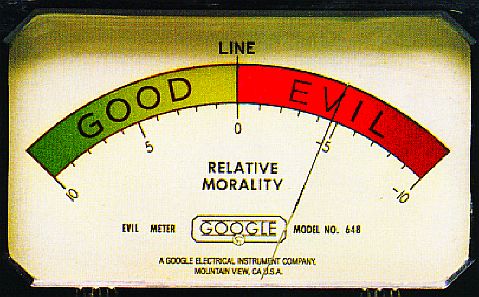Nick Norelli has made reference to objective morality again. Rather than write a lengthy comment, I thought I’d turn this into a blog post of its own.
Nick’s point, if I’ve understood it, is that there is no objective reality. What God says is good, is good. If God commands slaughtering Canaanites, it is good. If God commands us to love our enemies, it is good. There is no objective standard that we can look to. Whatever God says is good, is good.
This seems to me to be a fundamentally unchristian stance, as well as fundamentally untenable in practical terms as well. I’ll start with the latter point. Unless we have some way of ascertaining with something close to certainty what God wants on every given occasion, then we are left in moral limbo with no way of making decisions. It seems that in the case of the extermination of the inhabitants of cities in Joshua, there was no general guideline that could be followed – in some instances God commanded total extermination of the population and destruction of their wealth, in others women could be forced to become the wives and property of their captors and other spoils of war could likewise be claimed.
If there is such a thing as an absolute morality, on the other hand,then it must be absolute and cannot depend even on the whims of an anthropomorphic deity. (See Eric Reitan’s recent post on the distinction between objective and absolute morality).
And so it is clear that one can either accept an absolute morality and criticize parts of the Bible on that basis, or one can accept that everything God is depicted as commanding in the Bible is moral, and abandon absolute morality.
There is a third option, which recognizes that “objective morality” is not something the Bible itself teaches or encourages one to believe in. Instead, the New Testament defines morality as doing to others what we would want them to do to us in the same circumstance. It is not as though this principle is woven into the laws of physics and can be detected. This simply is morality from a Christian perspective. And the only thing that makes morality objective is when it represents not simply individual convictions and commitments but a societal one as well.
And so perhaps, instead of trying to prove that morality is objective, we should be working to make it objective, if morality is something we are concerned about.
As for Nick Norelli’s view, presumably if he wants his view of objective morality to be objectively correct in the terms that he understands objectivity, he can only sit tight and wait for God to pronounce on the matter. Until such time, I’ll continue to encourage you to do to others what you would have them do to you. And to treat Nick according to that principle, I should end by emphasizing that I understand his desire to have morality be objective and clear cut. But despite the unreliability of human perception, it seems that we do not have a way of getting at answers to moral questions that bypass subjective considerations. But in light of the Golden Rule, perhaps it is a mistake to try.















